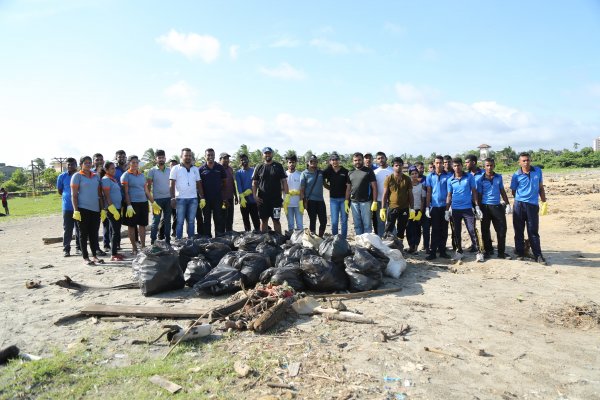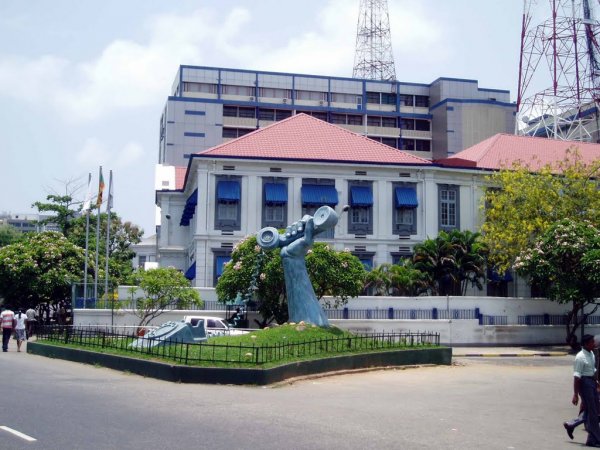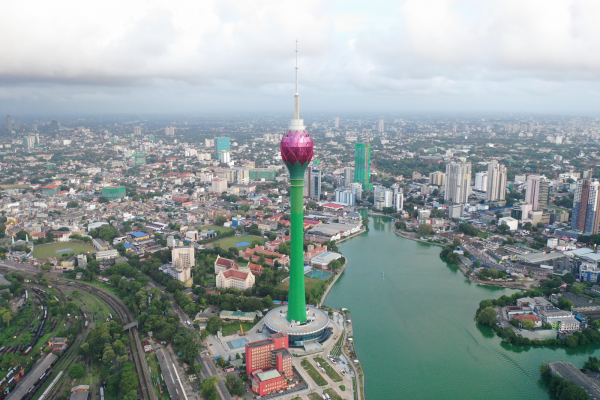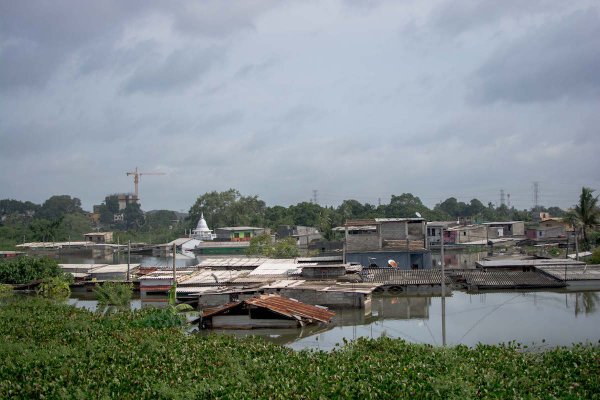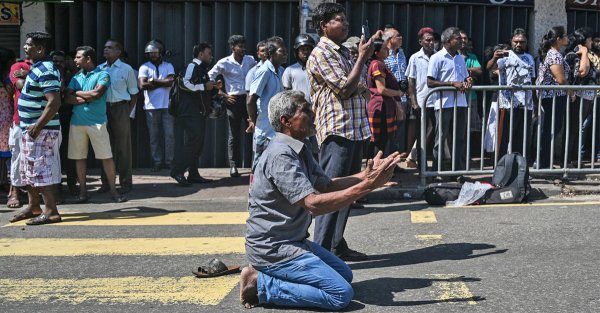
The Sri Lankan Constitution is on everyone’s mind at present. Given the long Constitutional crisis the country is facing at present, one is left wondering: are we truly conversant of our Constitution? As citizens of this country, how fluent and aware are we of our own civil rights?
The Constitution is arguably, the only physical manifestation of the social contract every citizen of a nation state enters into at the moment of birth. It is the sole document and piece of legislature that birthed the country’s entire judiciary and legal system, the separation of the powers that be and profess what we the citizens, can and cannot do, what we are entitled to and what responsibilities we must uphold; as long as we wish to remain citizens of this nation state. Yet, we see this single most significant set of principles that govern the law of the land being dissimilated.
Sri Lanka is facing a crossroads following the decision taken by President Maithripala Sirisena to appoint former President and strongarm politician, Mahinda Rajapaksa as Prime Minister. The ousting of Prime Minister of the coalition Government, Ranil Wickremesinghe, has been publically deemed as the greatest violation of our existing Constitution. A poll carried out by The Sunday Times revealed that over 80% of the public have asserted that the President’s decision was morally incorrect, while approximately 60% claimed that President Sirisena dissolving Parliament subsequent to the controversial dismissal of the coalition government was unconstitutional.
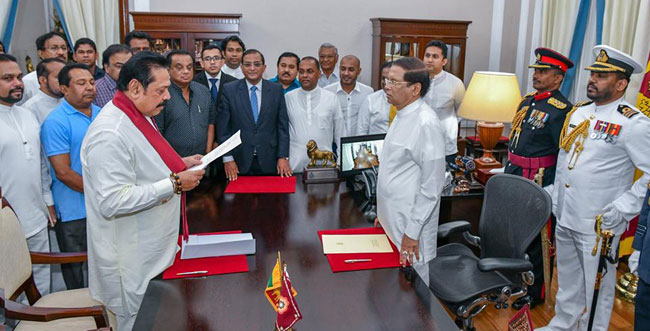
Misinterpretations And Inconsistencies
Many believe the snowballing Constitutional crisis in the country to be a result of a misinterpreted reading of the legislation. Arguably constant inconsistencies found in the legislation make our legal system a flawed one. According to experts, these ambiguities, more often than not, may lead to misinterpretations, much like the present situation in the country, where legislators take action which does more harm than good.
Dr. Jayampathy Wickramaratne, member of the steering committee of the Constitutional Assembly of Sri Lanka, gave examples of such inconsistencies, including that of translation errors, which led to the justification of President’s authority in dismissing and appointing the Prime Minister.
“You take the Constitution as a whole when interpreting it,” Dr. Wickramaratne told Roar Media. “If it was an amendment, what was the earlier position? Why was it changed? If it was done consequent to an election pledge, what happened in the election? You cannot interpret Constitutions in a vacuum or in the air.”
He highlighted a particular incident that occurred following the establishment of the North Eastern Provincial Council in the late 1980s as per the 13th Amendment to the Constitution. Based on the provisions (regulation of road passenger carriage services and the carriage of goods by motor vehicles within the province and the provisions of inter-provincial road transport services), in the Provincial Council List of the Amendment, the North Eastern Province had issued a statute regulating public transport to and fro from other provinces and declared themselves as the sole licensing authority for entrance into the province.
“The inclusion of ‘inter-provincial’ and not ‘intra-provincial,’ is the mistake here,” Wickramaratne explained. “The same mistake has been made in both the Sinhala and Tamil text of the Constitution. It was a drafting mistake that has been carried into the translations. The matter went to the Supreme Court, which ruled in favour of the decision. However, it noted that national transport is under the purview of the Central Government — which is again not specified in the Constitution. However, because it deals with national transport, it was interpreted as a mistake. And this must be read as intra-provincial transport. Mistakes can happen.”
Inconsistencies lead to confusion, sets a bad precedent and eventually would lead to more problems than any good. The matter is worse when the errors are made in important legislature such as the Constitution; as seen in the pandemonium caused in Parliament whenever a session is called. Thus, the essential need of legal literacy and awareness in a nation state.
Are You ‘Legally’ Educated?
Legal literacy is defined as the empowerment of individuals regarding issues involving the law. Public education of law is dependent first and foremost on the local education system.
The local curriculum, predominantly the GCE Ordinary Level stream, is the sole instance where a student would learn about the country’s Constitution and the fundamental rights a citizen is entitled to.
The first mention of the Constitution in our general education curriculum is made in Grade 7, as a small part of Civic Education. According to the 2008 teachers’ guide to the subject, the Constitution of Sri Lanka, “allows its citizens to accept any religion, to talk any language, to have any belief, to live in any place of the country and to enjoy the culture either alone or with others.”
The Constitution is revisited again in Grade 10 Civic Education, which discusses the subject a bit more extensively. An entire chapter is dedicated to the Constitution, the evolution of the Donoughmore and Soulbury Constitution and the comeabout of the existing Constitution which has gone through 19 amendments since inception. It then goes on to explain how it is administered, how the administrators are governed by the Constitution, and provisions for the system of government, institutions and the rights of citizens.
Students are taught the responsibilities of a citizen as stated in section (a) to (f) of Article 28 of the Constitution of the Democratic Socialist Republic of Sri Lanka, 1978 and the Presidential and Parliamentary system. A minimum of eight periods have been recommended by the education guidelines to teach Grade 10 students about democracy, democratic governance, elections, state and government, and the responsibilities of citizens.
Civic Education remains outside the list of compulsory subjects, as a decision made by the Education Ministry. As a basket subject, it is one that students can either select or opt out of. As far as formal education goes, this is all it has to offer unless a student chooses Political Science for their GCE Advanced Level.
Dr. Wickramaratne, who emphasised that the government played a key role in improving access to justice and legal literacy in the country noted that, legal literacy is an issue even in the United States. “The lack of legal literacy is an issue with access to justice. Legal experts are working on it constantly. Not everybody is conversant with these things. They go by opinions,” he added.
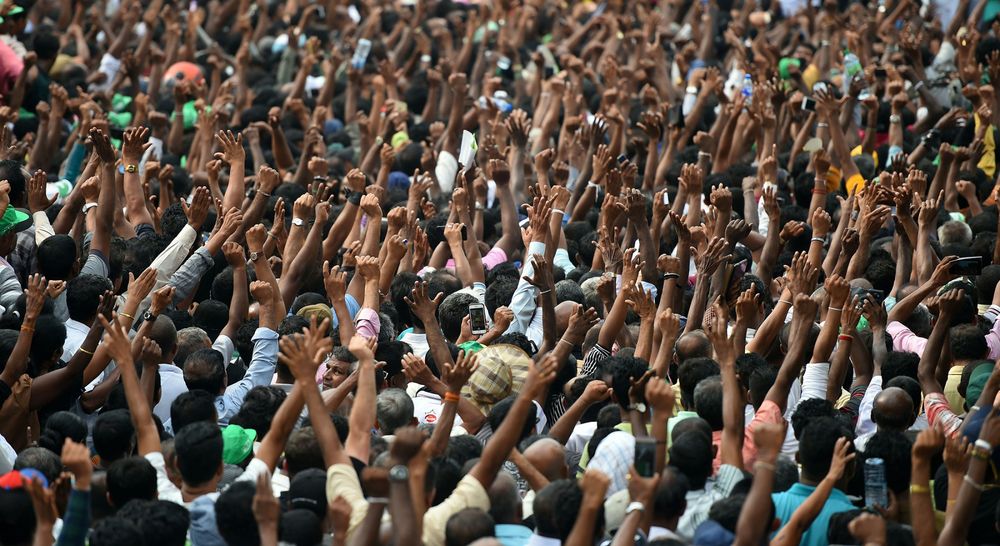
Former President of the Bar Council of Sri Lanka, President’s Counsel Upul Jayasuriya claimed that legal awareness is completely different to the sense of justice which Sri Lankans possess.
“We have a very good sense of right and wrong but that might not be the same for when it comes to legal literacy in the country,” he emphasised. “The Sri Lankan public has poor knowledge about what provisions are available to suit their situation, but they can distinguish the difference of what’s right and wrong.”
According to him, the public outcry for justice and democracy following the initiation of the ongoing crisis in the country, stands as the perfect example to it.
“Legal opinion might vary. But at the end of the day, that happens due to our opinions which are based on agenda-driven individuals dictating the terms. The media in most cases, is controlled or favoured by the state, thereby leading to incorrect opinion. In situations like these when independent parties have pointed out unbiased opinions, we still see a prevalence where certain parties that justify the President’s actions,” Jayasuriya said. Elaborating on the matter further, he added that while everyone is entitled to their opinion, there’s only so much a learned individual and his/her informed opinion can do. Thereafter there’s nothing they can do but sit back and watch what happens.”
Literacy Rooted In The System
While legal literacy is evidently dependent on education, there is also an aspect of it which survives on social interaction and social conversation. Similarly, access to justice plays an integral part of a community’s legal literacy.
The foremost institution that promotes access to justice in Sri Lanka under the purview of the government is the Legal Aid Commission. International communities as well as civil society organisations have and are providing assistance regularly, through the organisation of public campaigns, workshops which inform disadvantaged communities.
For instance, the United Nations Development Programme (UNDP) together with local institutions, has projects all over the world working towards improving access to justice.
These projects contributed to increasing awareness of local communities to improve legal aid services and access to legal documentation, with particular attention on the conflict-affected Eastern and Northern parts of the country. The projects also intervened on behalf of other disadvantaged groups like the internally displaced, due to natural disasters such as the 2004 tsunami, annual flooding and landslide disasters, estate sector workers, pre-trial detainees, female heads of households, and victims of gender based violence.
The fact remains that it is community groups and non-governmental organisations that have a greater impact on affected communities when it comes to spreading awareness and literacy. The best example being the number of groups lobbying for reforms in the Muslim Marraige and Divorce Act (MMDA) in Sri Lanka.
As the popular saying goes, “justice delayed is justice denied”. Sri Lanka has already a staggering number of cases, numbering around 750,000, which are delayed within the system. In such a scenario, the public interest and trust in justice served is facing a chain of events leading to disaster that cannot be avoided, when matters such as the deepening constitutional crisis is left unresolved.

